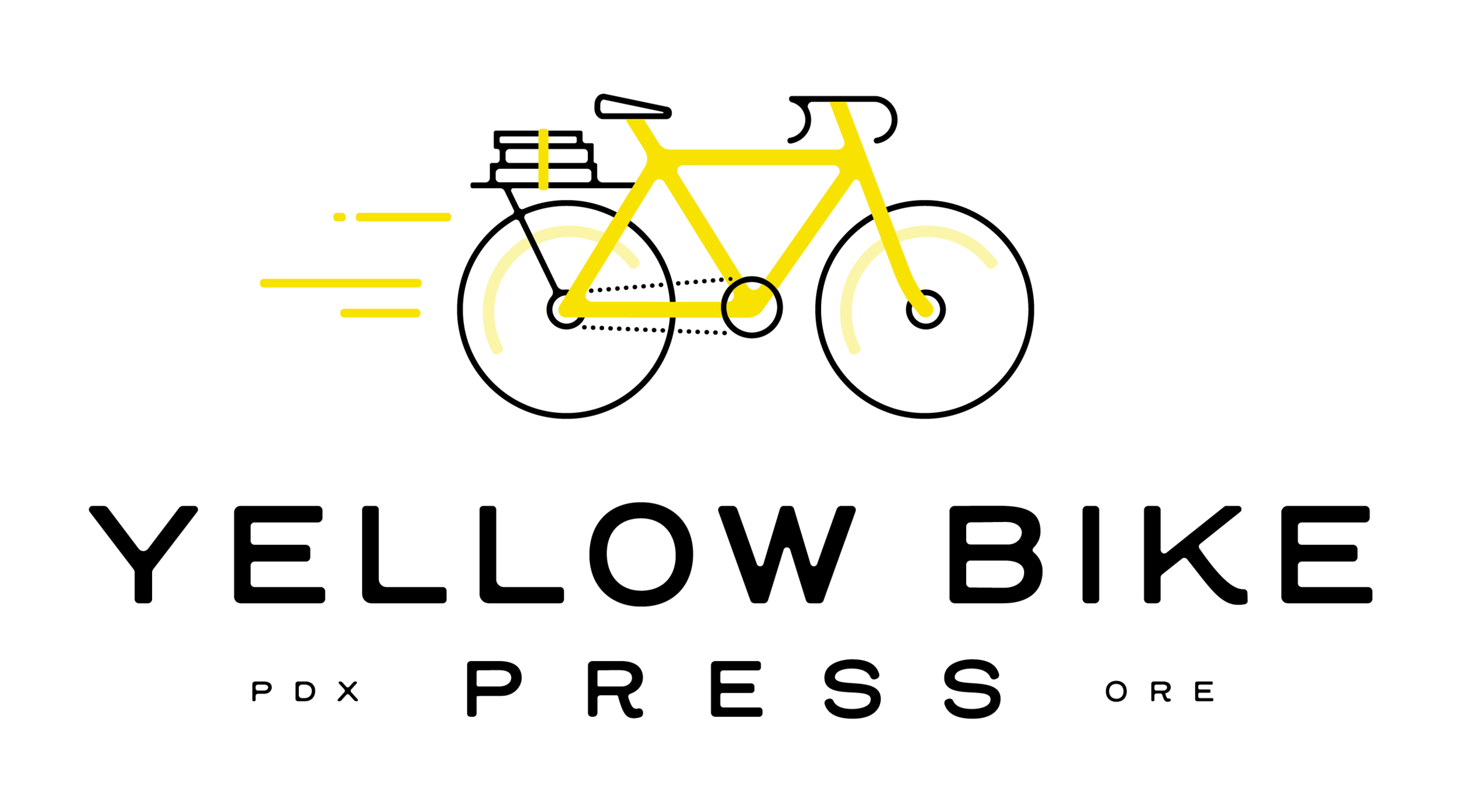How Do I Do Right by the People I’ve Decided to Work With?
I recently discovered a new-to-me podcast: Print Run, hosted by Minnesota-based literary agents Laura Zats and Erik Hane, founders of Headwater Literary Management. While the focus is mostly on trade publishing, the conversations are relevant to anyone interested in making good books in 2022. I highly recommend it.
One epidode that particularly hit home for me was number 137, the “Backisode”—which Laura and Erik recorded about a year ago, after a five-month family-emergency hiatus. There’s an exchange toward the beginning where Erik, inspired to do some soul-searching by that break (and by the broader turmoil of the pandemic), hits on exactly what I’ve been feeling since establishing Yellow Bike Press:
When you’re coming up in this industry, there’s this urgency of the ambition and public display of competence . . . it’s not quite faking it til you make it, but it sort of is, where it’s like trying very desperately to show that you’re part of this rung of competence and people that you want to be a part of . . . There’s sort of a public performance to it, right, and a premium then that’s placed on announcing deals and really broadcasting successes in a way that can help you maybe get somewhere and help you get regard in terms of what other people see in you . . . and . . . I just don’t care about any of that anymore! [laughter] It’s not that I don’t see the value in it, but I think what’s happened is that having spent all this time alone these last few months . . . um, it’s like all I really care about is the community around my client list and our agency and things like that, and it’s like . . . the thing that gets me up in the morning is just like, all right, how do I do right by the people I’ve decided to work with?
I want to needlepoint that last question and hang it over my desk.
A side effect of becoming my own boss in my fifties is that, while I still pay attention to the big picture—the “literary scene,” generally—ultimately, there are only two people I have to worry about pleasing: myself, and whichever author I’m working with on a given day. As insular as that might seem, it’s actually led to a place of greater openness, connection, community, and authenticity. Not to mention peace of mind.
Most of us who come into the orbit of the mainstream publishing industry will eventually feel its incongruous pull toward both self-importance and conformity. One thing I’ve learned in the first year of YBP is that intimate involvement in the production of someone else’s book—and I think this is true whether you’re an agent in the trade publishing world or an editor in the self-publishing world—is always an opportunity to find a beauty that might not have occurred to you otherwise. I was grateful to be reminded of that.
